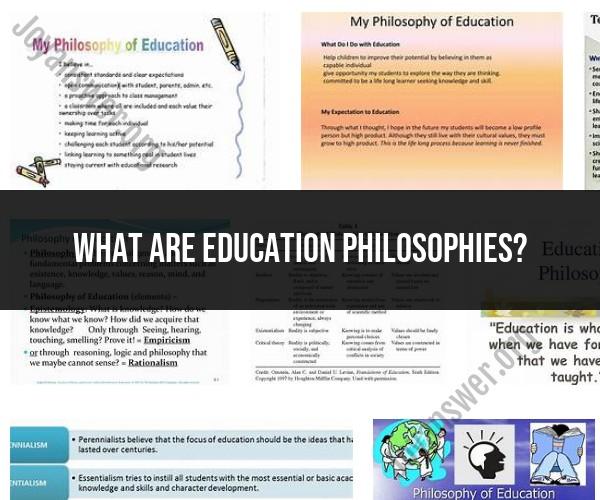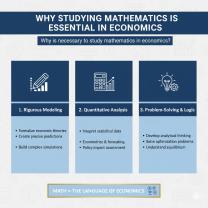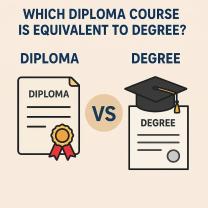What are education philosophies?
Education philosophies, also known as educational philosophies or pedagogical philosophies, are sets of beliefs, principles, and ideas that guide and shape the approach to teaching and learning in the field of education. These philosophies provide a framework for educators, teachers, and educational institutions to understand the purpose of education, the nature of learners, and the methods of instruction. Different education philosophies can influence how educators design curriculum, interact with students, and make decisions about educational practices.
There are several prominent education philosophies, each with its own focus and emphasis. Here are some of the most well-known ones:
Perennialism: Perennialism is an education philosophy that emphasizes the study of timeless and universal knowledge. It draws from classical education and believes that students should engage with great works of literature, history, mathematics, and science to cultivate their intellect and character.
Essentialism: Essentialism is a philosophy that advocates for a core set of essential knowledge and skills that all students should learn. It prioritizes the basics of education, such as reading, writing, mathematics, and traditional subjects, and aims to provide students with a well-rounded education.
Progressivism: Progressivism is an education philosophy that values active and experiential learning. It emphasizes the importance of students' interests, experiences, and problem-solving abilities. Progressivist educators often engage students in hands-on activities and collaborative learning.
Constructivism: Constructivism is based on the idea that learners actively construct their own understanding of the world through interaction with their environment. It emphasizes the role of prior knowledge, social interaction, and problem-solving in the learning process.
Social Constructivism: Building on constructivism, social constructivism emphasizes the importance of social interaction and collaboration in the learning process. It suggests that knowledge is co-constructed through dialogue and shared experiences.
Behaviorism: Behaviorism is a philosophy that focuses on observable behaviors and the use of rewards and punishments to shape learning outcomes. It emphasizes conditioning and reinforcement as key mechanisms for learning.
Humanism: Humanism is an education philosophy that places the learner at the center of the educational experience. It values individuality, self-actualization, and the development of personal values and ethics.
Critical Pedagogy: Critical pedagogy is rooted in social and political consciousness. It aims to empower students to critically analyze societal issues, question the status quo, and become active agents of social change.
Montessori Education: Montessori education is based on the philosophy of Maria Montessori and emphasizes individualized, child-centered learning. It provides a carefully prepared environment with hands-on materials to support independent exploration and learning.
Waldorf Education: Waldorf education, inspired by Rudolf Steiner's philosophy, focuses on holistic education that nurtures students' intellectual, emotional, and artistic development. It places a strong emphasis on creativity and arts.
These education philosophies often inform educational practices, curriculum design, classroom management, and assessment methods. Educators and educational institutions may align with one or more of these philosophies based on their educational goals, values, and beliefs about teaching and learning. Additionally, education philosophies can evolve over time in response to changes in society, technology, and educational research.












